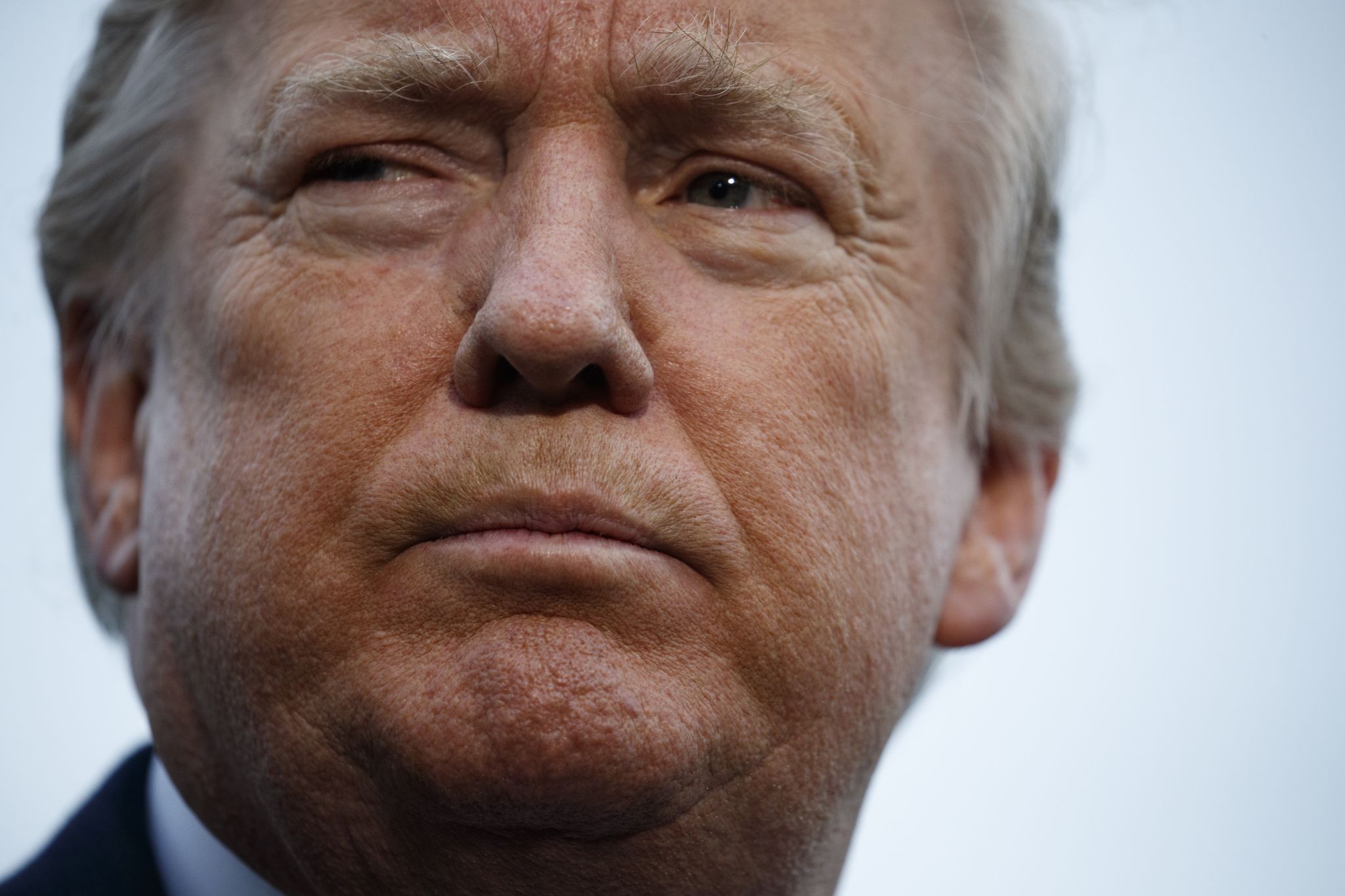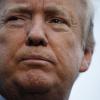
An expected meeting this weekend between President Trump and Russian President Vladimir Putin at a Paris commemoration of the end of World War I has been thrown into doubt, though a sideline encounter
ANALYSIS/OPINION:
An expected meeting this weekend between President Trump and Russian President Vladimir Putin at a Paris commemoration of the end of World War I has been thrown into doubt, though a sideline encounter may still take place. A more substantive discussion between the men who control the world’s biggest nuclear arsenals is expected at the G20 Buenos Aires summit later this month, when Mr. Trump will also meet with China’s President Xi Jinping.
In view of the new reality in the House of Representatives, where the Democrats will definitely unleash a redoubled wave of anti-Trump investigations, many predict that Mr. Trump will have no time or energy to concentrate on foreign policy. However, it is actually in foreign policy where he cannot only turn the tables on his opponents but begin his 2020 re-election campaign — as well as saving all of us from a nuclear holocaust.
In recent weeks, senior officials of both the Russian and Chinese governments have issued statements that should send chills into everyone. Andrei Belousov, deputy director of the Russian Foreign Ministry’s Department of Nonproliferation and Arms Control, said: “Yes, Russia is preparing for war, I can confirm it. Yes, we are preparing to defend our homeland, our territorial integrity, our principles, our values, our people. We are preparing for such a war.” Mr. Belousov’s words echo Mr. Putin’s own recent promise to use nuclear weapons if necessary: “Any aggressor should know that retribution will be inevitable and he will be destroyed. And since we will be the victims of his aggression, we will be going to heaven as martyrs. They will simply croak and won’t even have time to repent.”
Similarly, Mr. Xi himself stated in reference to U.S. naval maneuvers in waters claimed by China, “We have to step up combat readiness exercises, joint exercises and confrontational exercises to enhance servicemen’s capabilities and preparation for war.”It is surprising how little attention these dire warnings have generated in the West. To the extent they have been noticed, they were dismissed as belligerent bluster from second-rate powers. To conclude that would be tragically wrong.
It is a very long time since even U.S. diplomats — much less politicians and journalists — practiced the art of looking at things from “the other guy’s point of view” to understand how other countries might perceive what we regard as reasonable actions. From Russia’s and China’s perspective, there’s nothing reasonable about America’s seeking dominance in areas vital to their security but of negligible to nonexistent U.S. national interest.
From their vantage point, the U.S. is seeking full-spectrum dominance right up to their borders and littoral waters: ever-increasing sanctions, militarization of outer space, the Arctic, Europe (withdrawal from the INF treaty), Syria, Ukraine, the South China Sea, the Taiwan Strait, Xinjiang, and elsewhere. Nowhere is there a hint that the U.S. concedes regional security to Russia or China — or really, any other country — of the kind the U.S. has claimed in our neighborhood for almost 200 years.
Back to what Mr. Trump’s next move might be, there are some who suggest a “triangulation,” in which the U.S. would seek to enlist Russia as a counterweight to China. The pattern would be Henry Kissinger’s counsel to Richard Nixon in “playing the China card” against the USSR.Since, it is suggested, Russia is a declining power it makes sense to get them on our side against a rising China.
The notion of playing the Russia card against China is an absurd fantasy. First, it’s impossible to woo Russia on the basis of unremitting hostility, threats and insults. That shows no sign of changing with new sanctions kicking in later this month.Second, any hints at a positive shift in U.S. behavior would not be taken seriously by Moscow, which remembers previous broken promises, such as NATO expansion or the ABM treaty abrogation. Third, Moscow has lots of good reasons to get along with a massive neighboring country that is inherently more important to Russia than the U.S. is or ever will be.
The other option is to realize that a stable global order can only rest on a “troika” of the U.S., Russia and China, and personally on a Trump-Putin-Xi accord. This means abandoning the aspiration of U.S. unipolar, global domination and conceding that other countries have their own security interests as well.
The remaining alternative is to seek to maintain a unipolar world at all costs. Judging from Mr. Trump’s pre-election pledges and speeches, he appreciates this point but his national security team — composed of the kind of neoconservatives, Bush-era globalists and other Swamp-critters whose disastrous handiwork Trump decried in 2016 — does not. Hence, the warnings cited in the headline.
The U.S. now has a stark choice. We can go down the current road whose terrible end is all too clear. Or we may hope that the master of the “art of the deal” suggests a different road when he meets with his Russian and Chinese counterparts.
⦁ Edward Lozansky is founder and president of the American University in Moscow.






